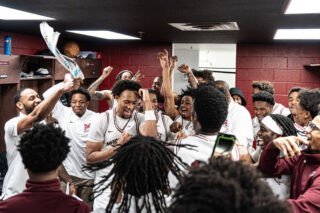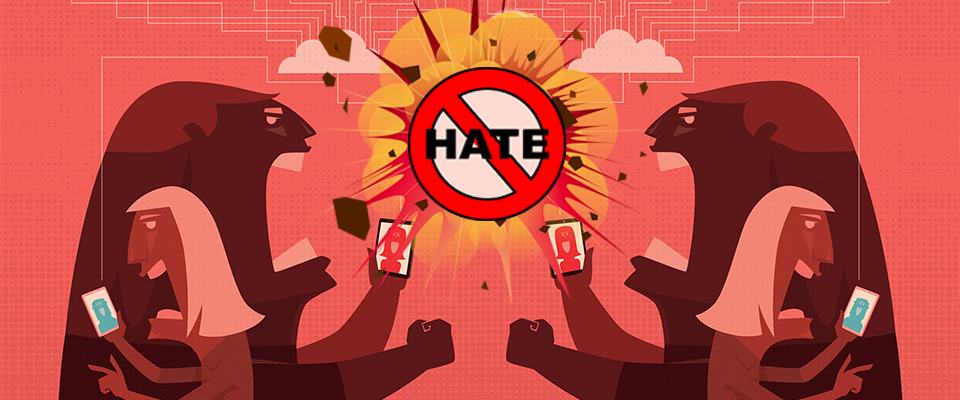The producers of “Love Island USA” recently issued a statement on social media urging fans to be respectful of the show’s contestants. The message pointed to a troubling trend in online interactions.
“We appreciate the fans, the passion for the series, and the amazing group of islanders who are sharing their summer with us. Please just remember they’re real people – so let’s be kind and spread the love,” the official Instagram account posted.
Summer Romance Turns Sour
What began as a lighthearted summer show quickly took a darker turn. Contestants have faced a wave of negative and often cruel online comments.
These comments, however, have gone beyond casual criticism. Many have targeted cast members’ behavior, looks and relationships. In some cases, contestants have even been subjected to racist remarks.
When Fans Cross the Line
This behavior highlights a larger issue: obsessive fan culture. For example, many viewers develop one-sided relationships with reality TV personalities and begin to feel entitled to comment on their lives.
As a result, emotional investment often blurs healthy boundaries. Since contestants willingly enter the public eye, some fans assume they deserve full access to their lives. Therefore, when their favorite is criticized, they feel compelled to lash out in defense.
Not a New Problem — Just Louder Now
Of course, this isn’t a new phenomenon. Paparazzi have long invaded the lives of celebrities like Princess Diana and Britney Spears, often forcing private struggles into the public eye.
Now, however, the problem is amplified by social media. Anyone can comment, criticize or attack—instantly and publicly. In addition, viral content can spread harassment faster than ever before.
Fame Doesn’t Cancel Privacy
It’s important to remember: Being on television or social media does not erase someone’s right to privacy. While visibility is part of the job, harassment is not.
Liking a post, for instance, doesn’t mean you’re entitled to personal access. Similarly, defending a contestant by attacking others is not friendship — it’s obsession.















